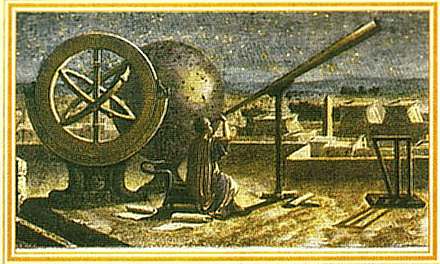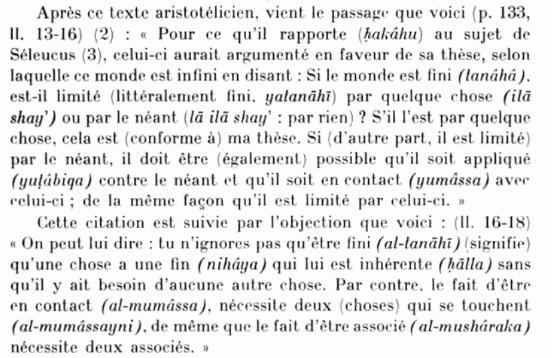Burning Libraries: Seleucus of Seleucia July 7, 2016
Author: Beach Combing | in : Ancient , trackback
Seleucus of Seleucia is one of the most intriguing writers of all antiquity: not least because practically everything about him is up for debate, a natural consequence of the loss of his writings. When did he live? Probably the mid second century B.C., but there is some uncertainty. Where was he from? Seleucia certainly, but is that Seleucia on the Tigris (probably) or Seleukia on the Red Sea? What did he write about? He certainly wrote about the heavens, and he seems to have had a heliocentric view: that is to say he believed (correctly as it happened) that the earth rotates around the sun: though whether this idea was his; had been adopted from the Greeks; or whether it had been a minority opinion in the astronomy of the ancient fertile crescent is unknown. He almost certainly wrote his works in a Semitic language, but in which language? Presumably late Babylonian, a descendant of Akkadian. None of his works survive in this form, but his works were translated, or at least excerpted into Greek, as the eastern Mediterranean began to come to terms with the scientific heritage of the near east. Of course, none of these Greek translations survive either: the bottleneck of late antiquity saw most ancient astronomical writing eaten up by barbarians, book worms and Christian indifference. But, as often happens, Arab translations saved some drops from the well. In this case Al-Razi (obit c. 925) wrote down, in tenth-century Iran, a paragraph of the last of the great Chaldean astronomers, in his Treatise on Metaphysics. This last fragment of the real, not the reported or the imagined, Seleucus is remarkable. It discusses the infinity of the universe. True, Seleucus’ words have been filtered from a semitic language, into Greek, and back into a semitic language; and the infinite world has changed infinitely, from a cruel polytheistic empire to a vigorous monotheistic theocracy. But about seventy words of Seleucus’ thought came through the flames of time. Beach has been unable to find an Arabic or an English version, but just to complete the confusing cycle of languages, here is a French translation (of the Arab translation of the Greek translation of the original late Babylonian).

Other burning libraries: drbeachcombing AT yahoo DOT com
Biblio: Shlomo Pines, Collected works of Shlomo Pines: Studies in Arabic Versions of Greek texts (Jerusalem 1986), note that the relevant chapter is in French.


